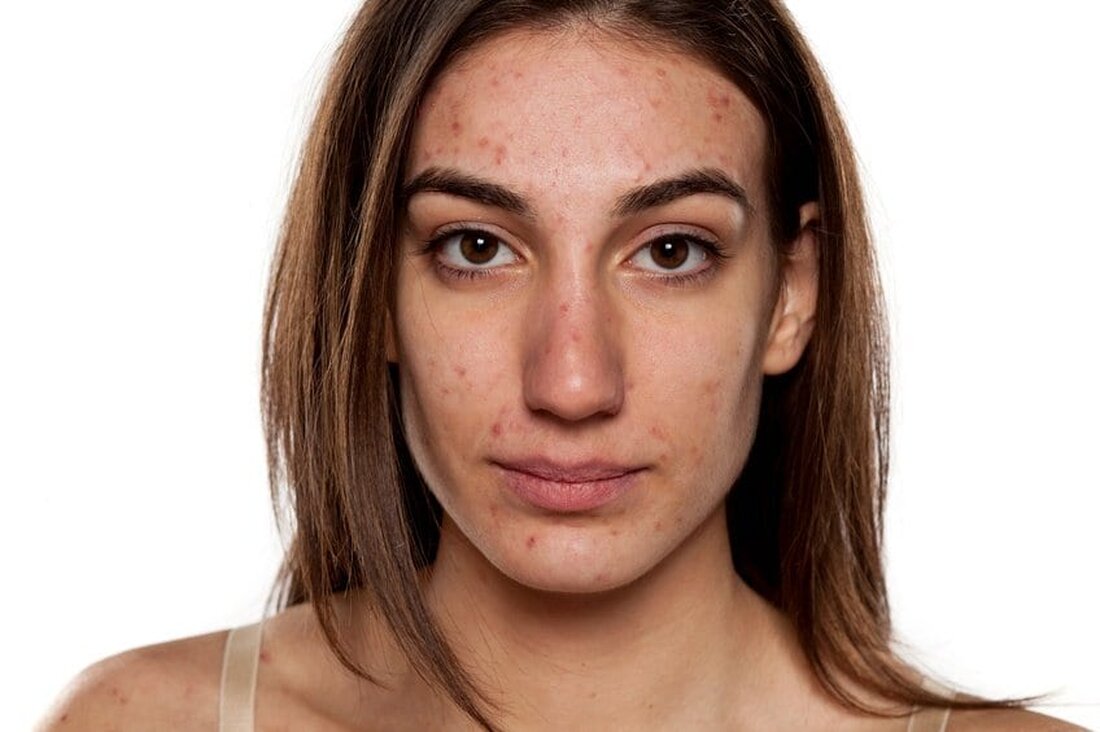How to Stop Acne - The Acne Diet
Skin diseases are not uncommon these days, especially with changing lifestyles. One such condition that has affected a number of young adults is acne, which means the development of spots. Of course, no one likes stains. It reduces self-confidence and makes social life hell. But there's not much you can do, right? What the research says: Research in the field of dermatology shows that skin diseases such as acne can be very well improved with “specific diets”. These diets are healthy, fresh and should be consumed regularly. In 2010, scientists conducted 27 tests, 21 observational and 6 clinical. These tests showed that...

How to Stop Acne - The Acne Diet
Skin diseases are not uncommon these days, especially with changing lifestyles. One such condition that has affected a number of young adults is acne, which means the development of spots. Of course, no one likes stains. It reduces self-confidence and makes social life hell. But there's not much you can do, right?
What the research says: Research in the field of dermatology shows that skin diseases such as acne can be very well improved with “specific diets”. These diets are healthy, fresh and should be consumed regularly. In 2010, scientists conducted 27 tests, 21 observational and 6 clinical. These tests showed that 50% acne situations improved with consumption of a specific diet. A 2006 study showed that boys in the 15 to 25 age group with mild acne experienced dramatic changes following a healthy diet. Successive tests showed the relationship between acne and diet.
Acne & Diet
Population-based studies show that non-Western diets correlate with the absence of acne.
It was duly noted that Western diets were deficient in omega-3 fatty acids, while non-Western diets, particularly in larger parts of Asia and Oceania, contained omega-3 fatty acids.
Omega-6 fatty acids are known to promote pro-inflammatory mediators and are linked to the development of inflammatory acne. Diets containing omega-3 fatty acids dramatically reduce inflammatory factors.
The result shows that a diet rich in fish and seafood reduces acne to new levels. The intake of carbohydrates and the reduction in calories also control the production of sebum in the body.
foods to eat
Green tea
It helps fight acne. After thorough research, it was found that the application of EGCG (green tea antioxidant) reduces the sebaceous glands. EGCG also reduces sebum production. Drink enough green tea and apply chilled tea bags to acne-prone areas.
fruits, vegetables
Our parents always focused on eating fruits and vegetables. for a specific “reason”. They have several “advantages”. Fresh fruits and vegetables contain beta-carotenes, which reduce skin oils and are anti-inflammatory. Leafy greens with dark berries also help remove toxins from the body.
Omega-3 fatty acids
It helps with inflammation that leads to skin irritation (acne). Foods like walnuts, flaxseed oil, almonds, seafood, fish like salmon and sardines need to be encouraged.
Minerals
Foods rich in zinc and selenium contain ingredients that make life difficult for acne-producing bacteria. Turkey, nuts, tuna, ham, wheat germ, oysters and roasted pumpkin contain enough of these minerals.
Probiotics
They are bacteria that help reduce intestinal inflammation, reduce acne and help the skin. Consume yogurt, dark chocolate, cucumbers, microalgae, etc. regularly in sufficient quantities.
Vitamin A
In the “required” amount, vitamin A works as a wonderful remedy for acne. Severe acne can also disappear when foods like spinach, eggs, broccoli, pumpkin, and carrots are consumed.
The basic medicine for acne is water. Drinking large amounts of water helps fight acne. This is the easiest habit you can follow.
foods to avoid
Consuming the foods mentioned above can certainly help fight acne, but “not consuming” some foods could speed up the process. Foods that spike insulin should definitely be avoided.
The main foods to avoid are: cow's milk, sugar, high glycemic foods, junk food, fast food, gluten-rich products, alcohol, vitamin B12 (nutrient), etc.
Inspired by Mayank Kumar Saini

 Suche
Suche
 Mein Konto
Mein Konto
